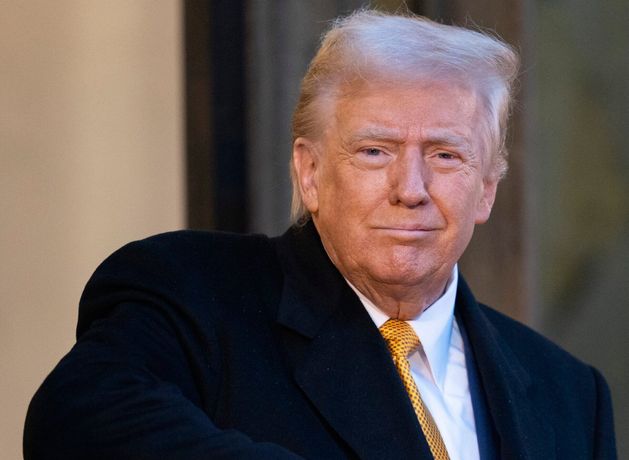The latest data from the Central Statistics Office shows a stark balance of trade with the US that is heavily in Ireland’s favour. Businesses here, including US multinationals, shipped goods worth €59.3bn to the US between the start of the year and the end of October.
Those goods are overwhelmingly high-value medicines and pharmaceuticals, classed simply as chemicals and related products in the official statistics.
Ireland imports much less from the US, paying €19bn for American-made goods in the same period including just under €10bn for equipment, cars and trucks, as well as €5bn for chemicals which likely include ingredients used to make some of the products then sold back to the US.
Historically, US multinationals based here serve their European customers, but over the past 15 years that has shifted and big pharmaceutical companies in particular have been exporting goods from Ireland back to the US.
The most recent numbers show that in October this year medical and pharmaceutical products made up half of the value of goods exports.
The US now represents our largest export market outside of the EU. In October alone exports to the US were worth €6.8bn versus €9bn to the rest of the EU. Sales of goods to the UK were worth just under €1.9bn in the same period.
While booming US exports are good for the Irish economy they are threatened by Donald Trump’s electoral pledge to impose tariffs on imports into the US and promises to shift manufacturing jobs back to the country. A tariff on goods made here would push up the prices paid by US consumers, making products less attractive.
During his election campaign Trump said he would increase US tariffs to 60pc on imports from China and by 10pc to 20pc on imports from the EU and other trading partners. Ireland’s positive balance of trade with the US has been flagged by allies of the incoming president as a concern.
The long-time CEO of Wall Street broker Cantor Fitzgerald, Howard Lutnick, who is nominated to for the senior trade role of commerce secretary in the new White House, posted on X in October: “It is nonsense that Ireland of all places runs a trade surplus at our expense.”
Carol Lynch, a partner at BDO Customs & International Trade Services, says Irish exporters need to prepare for uncertainty in the new year, including looking at alternative markets.
“Irish companies should continue to monitor the position in the US and the potential for the introduction of additional tariffs in 2025. This should become clearer in January after the presidential inauguration. In addition, it would be worth exploring the potential for export diversion to the Mercosur market following political agreement earlier this month,” she said.
The CSO data shows that exports to Britain have fallen by 10pc over the first 10 months of 2024, while exports to the US have grown by 30pc in the same period.
Traditional agricultural products including live animals account for the biggest share of sales to the UK, that’s particularly important to domestically owned business and rural areas.

